While women remain significantly underrepresented in government, there is at least one adjacent field in which they have achieved gender parity in leadership: the universe of democracy reform and bridge-building organizations.
In its 2021 Diversity Report, the Bridge Alliance found that half of the executives leading its 100 member organizations are women. (Disclosure: The Fulcrum is a program within the Bridge Alliance, which brings together organizations working toward a healthy democracy.)
To mark Women’s History Month, The Fulcrum is spotlighting just some of the women leading these organizations.
Justine Williams
Co-founder, Care Lab
"I am passionate about the work we are taking on at Care Lab to reduce polarization because I am keenly aware of what’s possible and what’s at stake. As human beings we are immensely capable of building caring practices, institutions, and policies. But if we don’t draw on our capacities to listen to each other and collaborate, we run the risk of increased political violence and hate. I am so inspired in this work by the many women scientists, researchers, and authors who inform the field of empathy, care, and collaboration; by a co-founder who prioritizes embedding women in every stage of our work; and by the women who make it possible for me to work: amazing childcare workers."
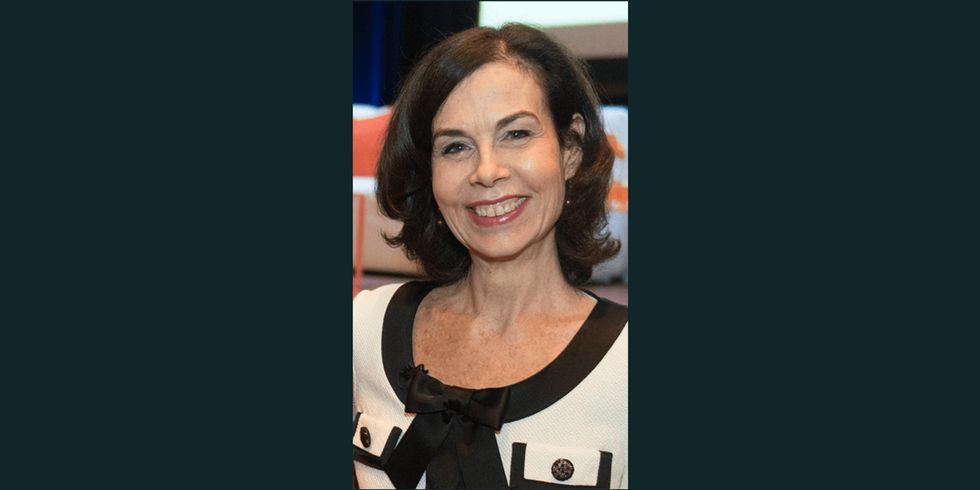
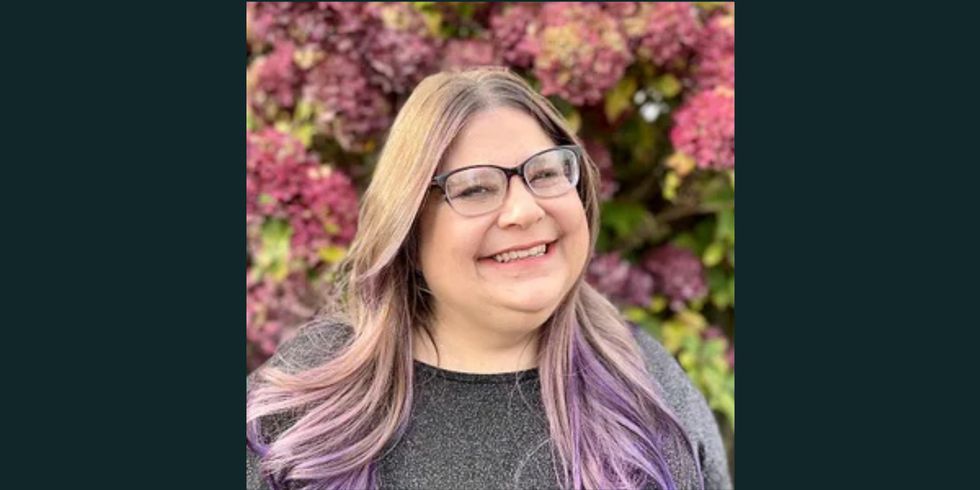

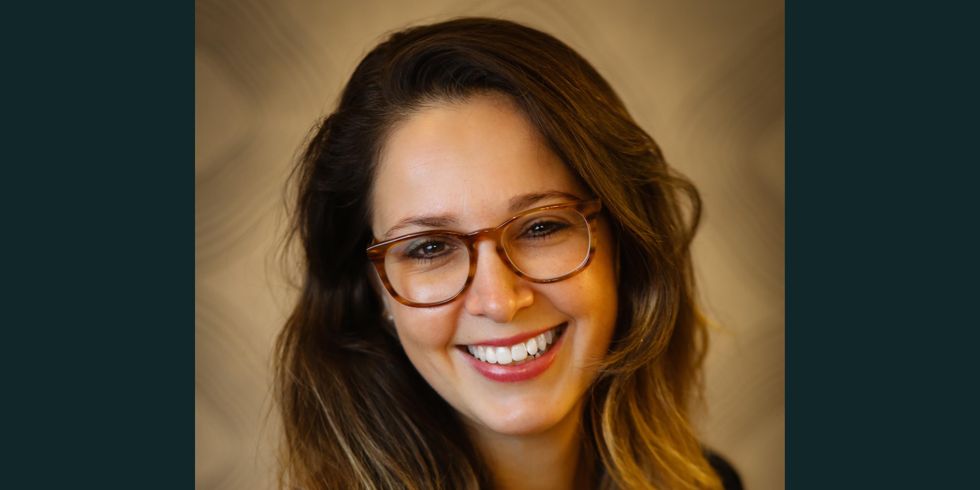


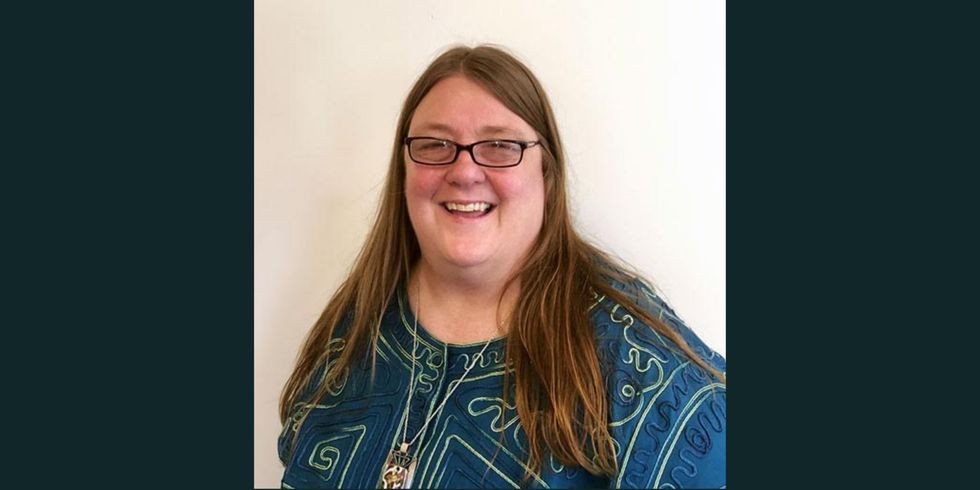


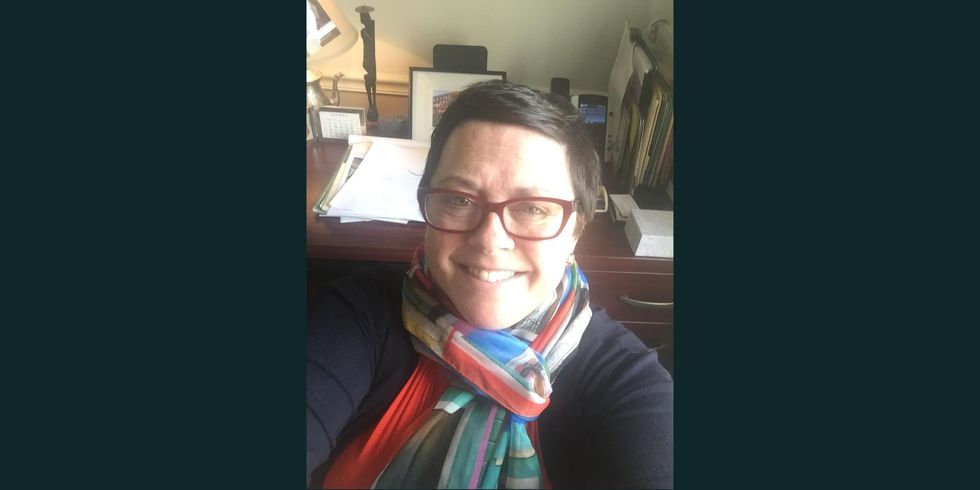
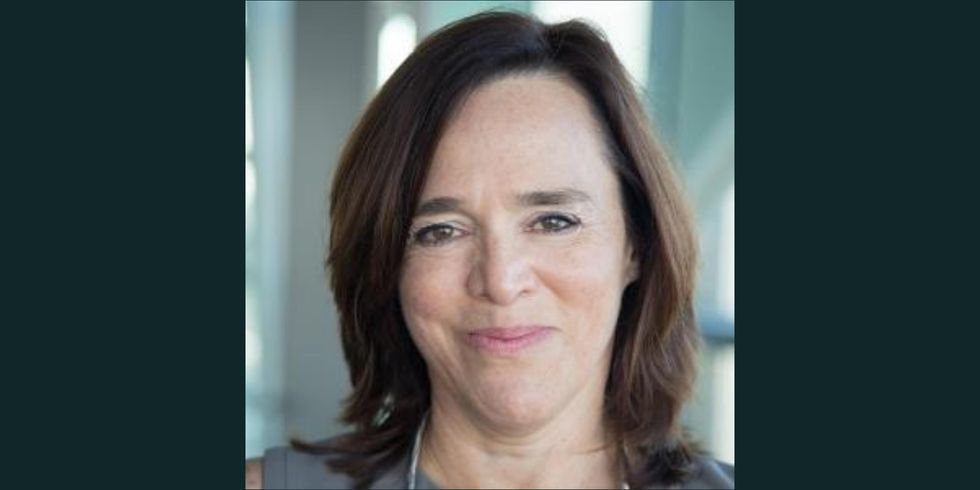
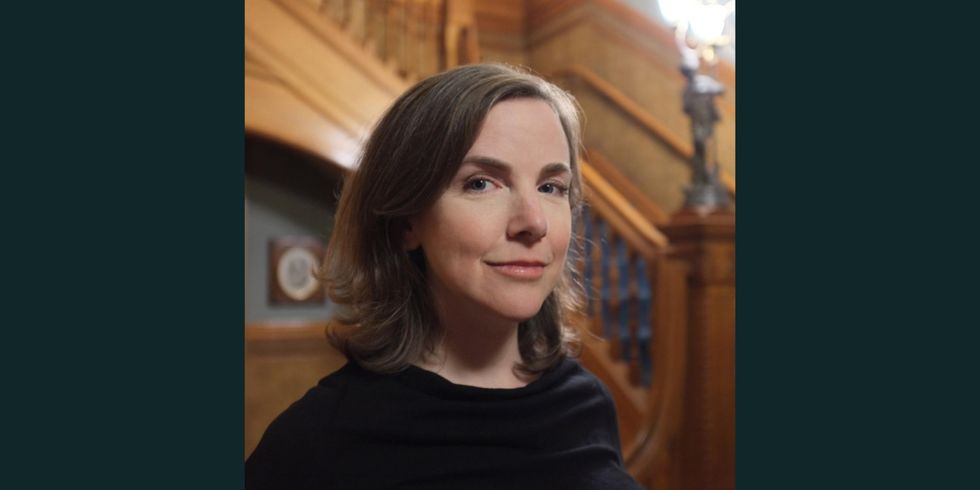
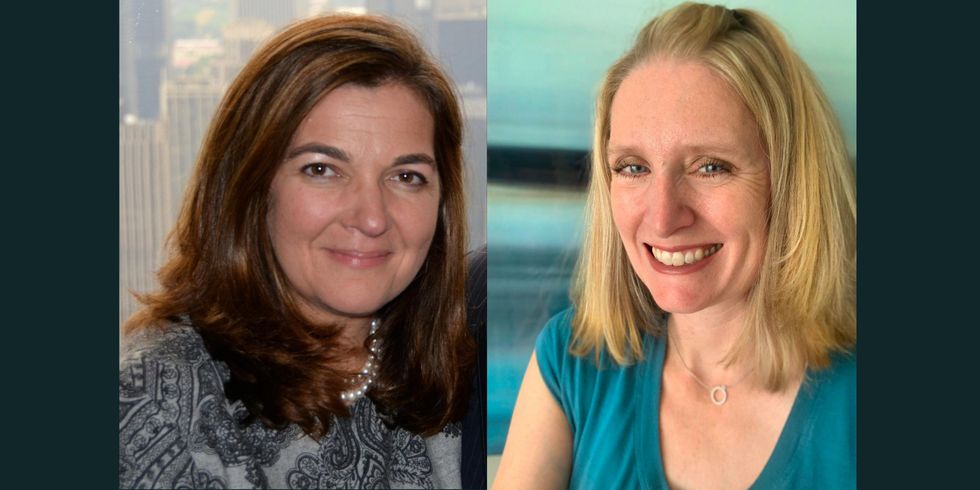
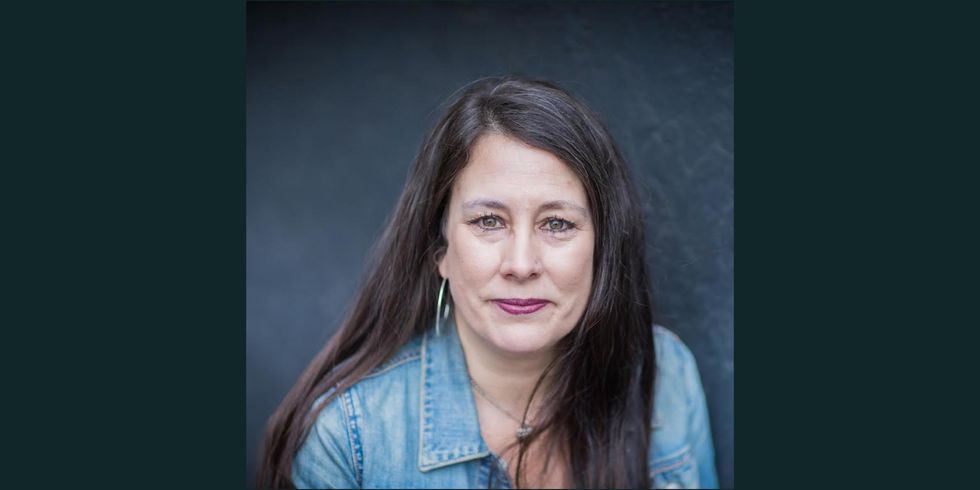



















Trump & Hegseth gave Mark Kelly a huge 2028 gift